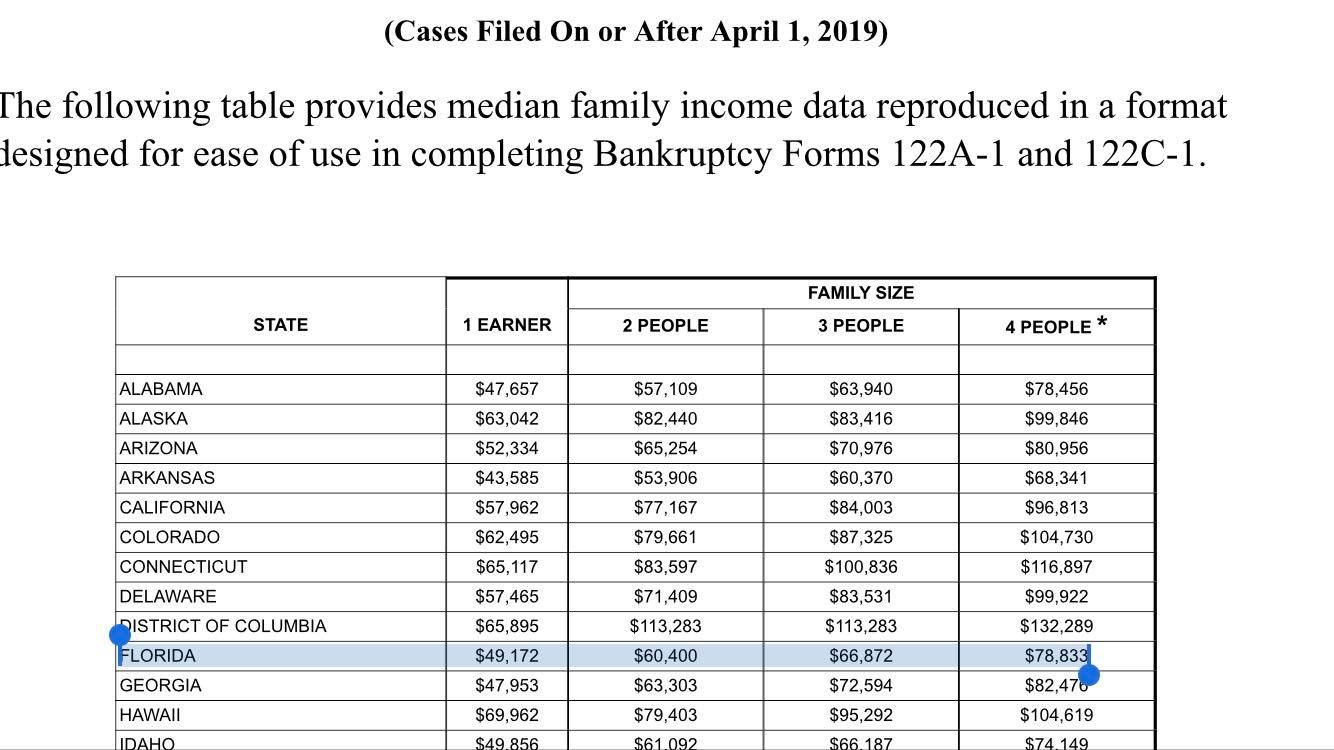 Rogers v. Rogers, 12 So.3d 288 stands for the general proposition that student loan debt incurred during the marriage is a marital liability. See, e.g. Smith, 934 So.2d 636, at 641; Adams v. Cook, 969 So.2d 1185, 1187 (Fla. 5th DCA 2007); Banton v. Parker-Banton, 756 So.2d 155, 156 (Fla. 4th DCA 2000); see also Section 61.075(5)(a)(1). Thus, in the absence of specific findings supporting the unequal distribution of a student loan debt, such debt must be equitably distributed between the parties. See Smith, 934 So.2d at 641; Adams, 969 So.2d at 1187.
Rogers v. Rogers, 12 So.3d 288 stands for the general proposition that student loan debt incurred during the marriage is a marital liability. See, e.g. Smith, 934 So.2d 636, at 641; Adams v. Cook, 969 So.2d 1185, 1187 (Fla. 5th DCA 2007); Banton v. Parker-Banton, 756 So.2d 155, 156 (Fla. 4th DCA 2000); see also Section 61.075(5)(a)(1). Thus, in the absence of specific findings supporting the unequal distribution of a student loan debt, such debt must be equitably distributed between the parties. See Smith, 934 So.2d at 641; Adams, 969 So.2d at 1187.
The fact that one party will not receive any benefit from the other party’s education because of the dissolution is NOT a factor to be considered when allocating a marital debt for student loans. See Smith, 934 So.2d at 641; Adams, 969 So.2d at 1187. Thus, absent some other justification for an unequal distribution, controlling case law forbids a trial court from awarding student loan debt incurred during the marriage solely to one party or the other.
If the loans were taken out before the marriage, then they would be non-marital debt.
 Reboot Your Life: Tampa Student Loan and Bankruptcy Attorney Blog
Reboot Your Life: Tampa Student Loan and Bankruptcy Attorney Blog




